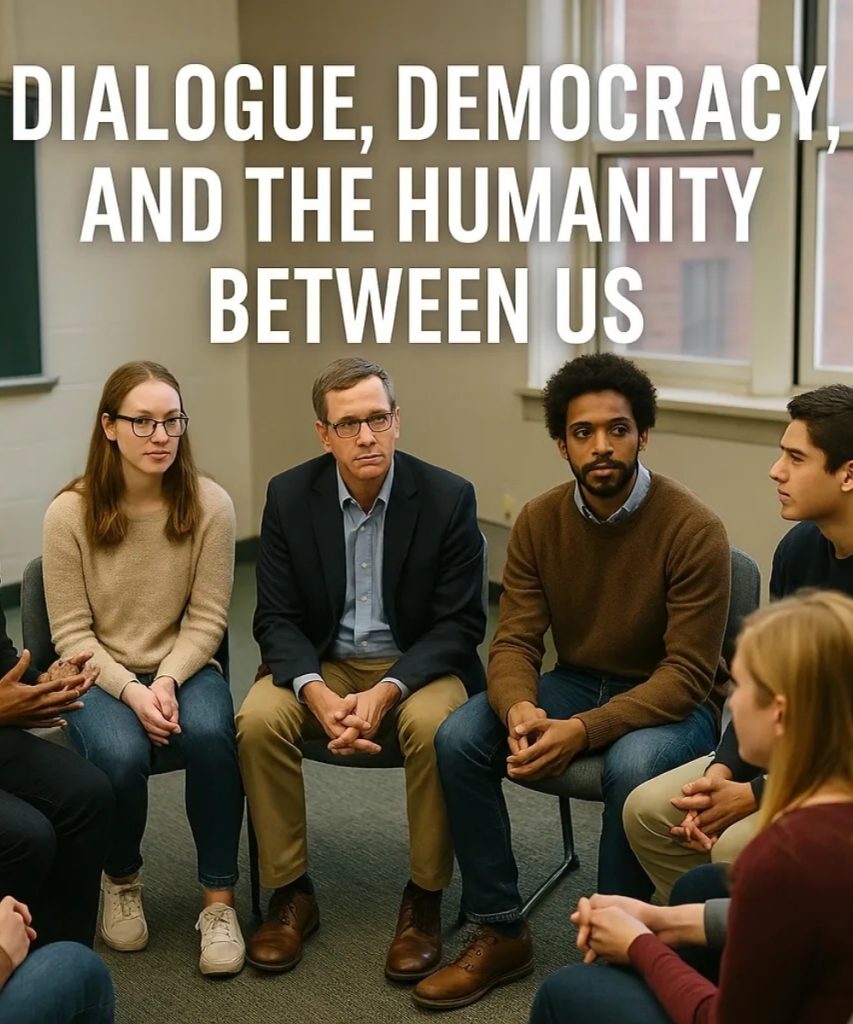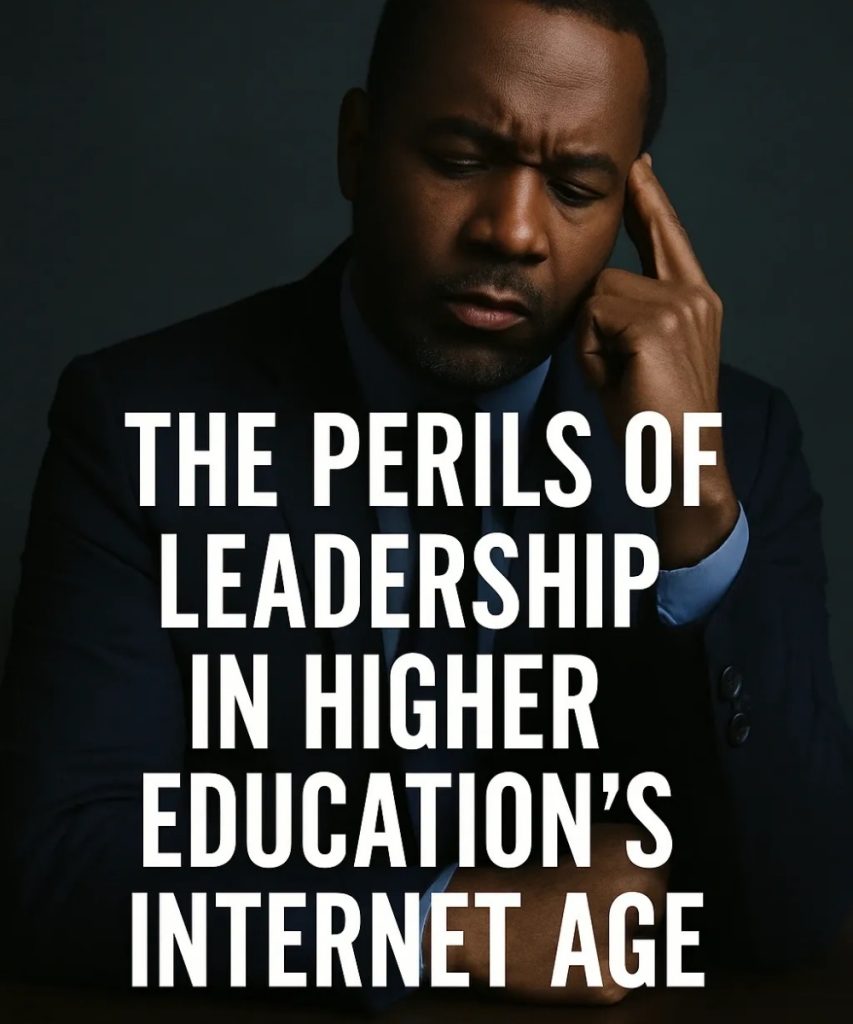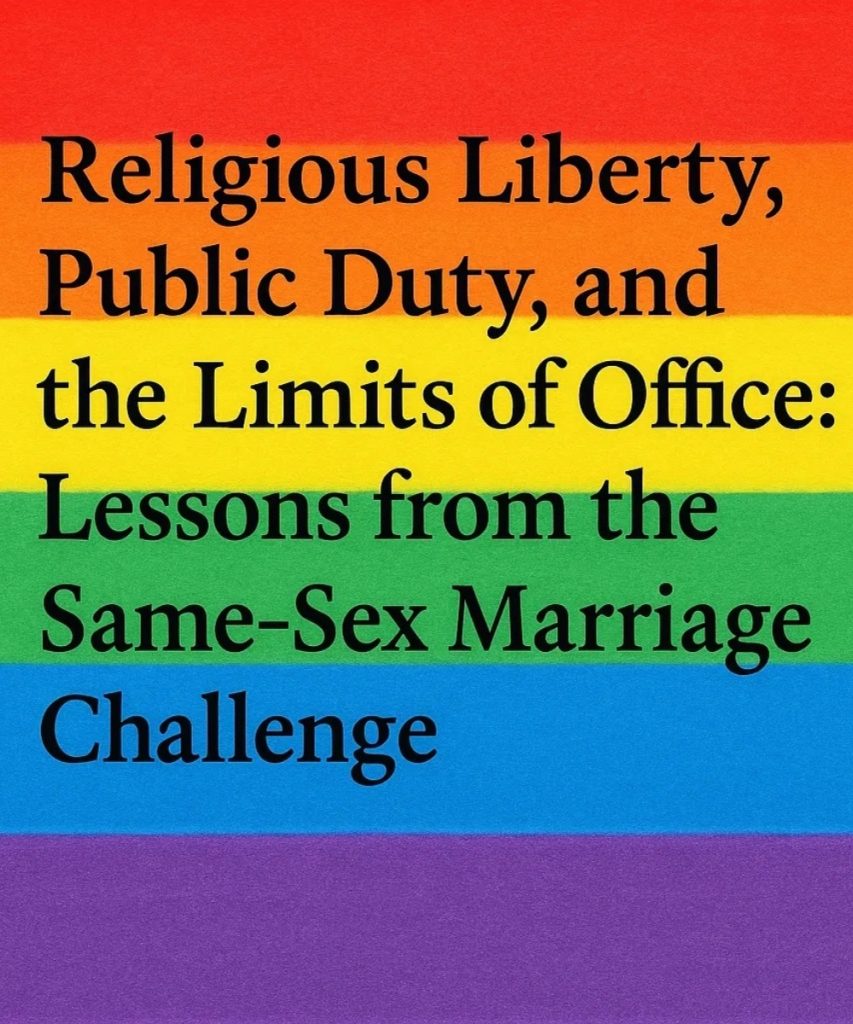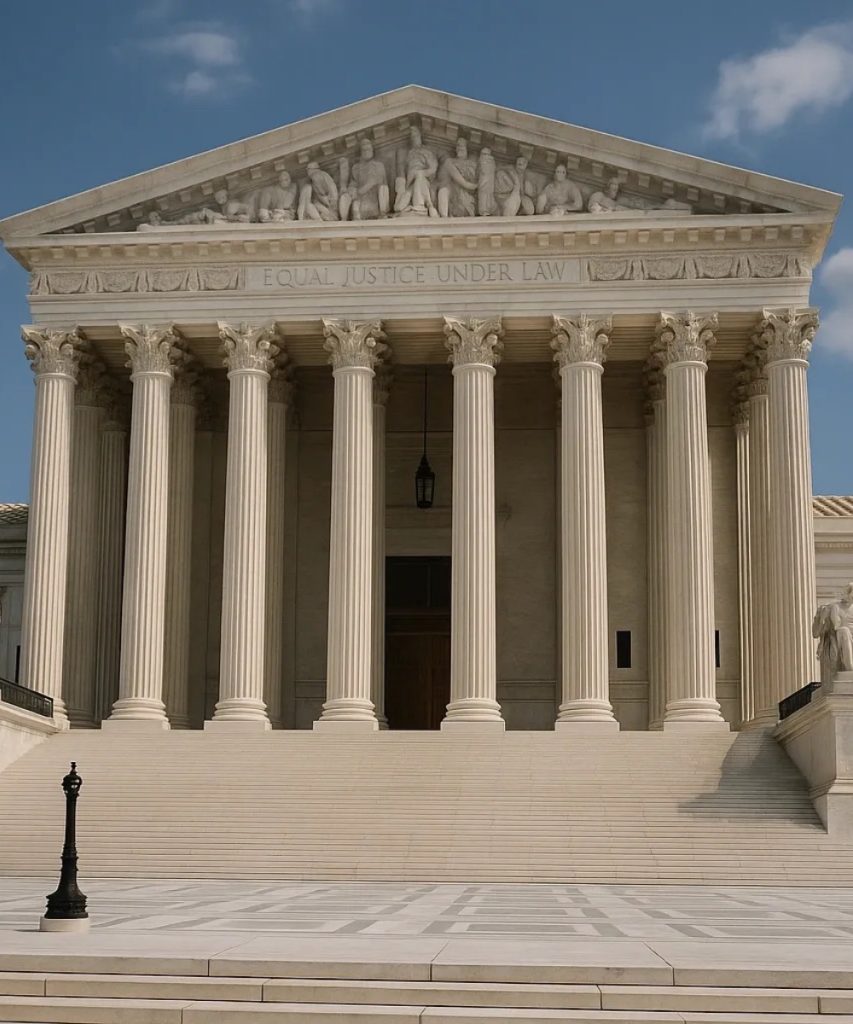The other day, I had a heartfelt conversation with my mother. As we sat together discussing our family dynamics, politics, and my nieces and nephews—her grandchildren—she began to share stories of how the little ones interact. With joy and a touch of exasperation, she described the quirks and character traits of each child, how they play, argue, resolve, and ultimately love. Then she said something that stuck with me: “If people communicated a little more like them, the world would be a better place.”
That one sentence sent me spiraling into a deeper reflection about our society, our politics, and what we have lost along the way. In the innocence of a two- and three-year-old’s world, there is an unfiltered authenticity. They speak their truth. They listen (most of the time). They challenge. They reconcile. They do not let a grudge fester past snack time. They understand, instinctively, that their relationships are more important than any temporary disagreement. That, in essence, is dialogue. And that is what is missing in our democracy.
In today’s America, we are so divided that the idea of a Trump supporter and a non-Trump supporter sitting down for a meaningful, productive conversation feels far-fetched. It is not because people are incapable, but because we have allowed politics to define not only our beliefs but our identities. We have forgotten that before anything else, we are human beings. We are family members, neighbors, coworkers, and community members. Our common threads have frayed under the weight of polarized rhetoric, social media algorithms, and the rise of performative politics.
Clickbait culture thrives on outrage. It rewards emotional reactivity over thoughtful reflection. It capitalizes on the sensational. It does not encourage us to listen, to ask questions, or to actually see each other. But democracy, at its core, is built on communication. It depends on dialogue with intent, purpose, and good intentions.
Thinkers like Jürgen Habermas gave us the concept of the public sphere, a space where people could engage in reasoned debate guided by mutual respect. John Dewey envisioned democracy not just as a system of government but as a way of life, centered on education, communication, and shared problem-solving. Horace Mann believed in public education as the great equalizer and a necessary foundation for civic society. All of them pointed to the same truth. Dialogue is not a luxury in democracy. It is a necessity.
And yet, somewhere along the way, we stopped listening to each other. We became obsessed with winning debates instead of finding solutions. We stopped asking questions. We forgot how to play, how to laugh, and how to forgive, even when we disagree.
I believe it is time we revisit those fundamentals. The kind of fundamentals that toddlers understand instinctively: take turns, say how you feel, listen to your friend, be kind, do not hit, and always clean up your mess. As adults, we have made things more complicated than they need to be.
Strategic leadership, the kind that transforms communities, must bring us back to the table. Not to shout. Not to prove who is right. But to listen. To engage. To remember that democracy only works if we work at it together. Maybe the next generation will teach us what we have forgotten. Dialogue is not weakness. It is strength. And when we begin to see each other not as opponents but as people, democracy becomes more than a system. It becomes a shared and lived experience.
Let us start there. Let us talk. And more importantly, let us listen.




